We asked members of the BuzzFeed Community who have ever worked in healthcare to share misconceptions about their roles and the industry, and to shed more light on lesser known details of their difficult jobs. Here are some of the most enlightening responses:
1. "Primary care NP here. I'm not mad at you for gaining/losing weight, forgetting to take your meds, forgetting to do your exercises, etc. If what I've recommended for your care isn't feasible for whatever reason, I'm happy to try something else until it works for YOU! Please, please don't apologize, fib, or nod along just because you think it will make me happy. I have lots of education and experience, but I really want what's best for you even if that doesn't include taking my advice. My word is not law! And if your provider ever makes you feel that way, they probably have an ego problem."
—Anonymous
2. "I work in durable medical equipment, like braces for your knee or wrist. People get so angry that they are getting charged $500 for a brace they could have bought at Walgreens for $20. We, the DME company, do not set the rates that get billed to insurance. The insurance company does. We have to follow their set guidelines for billing and the prices they negotiate. Pretty much every problem in healthcare can be tracked back to insurance companies' greed."
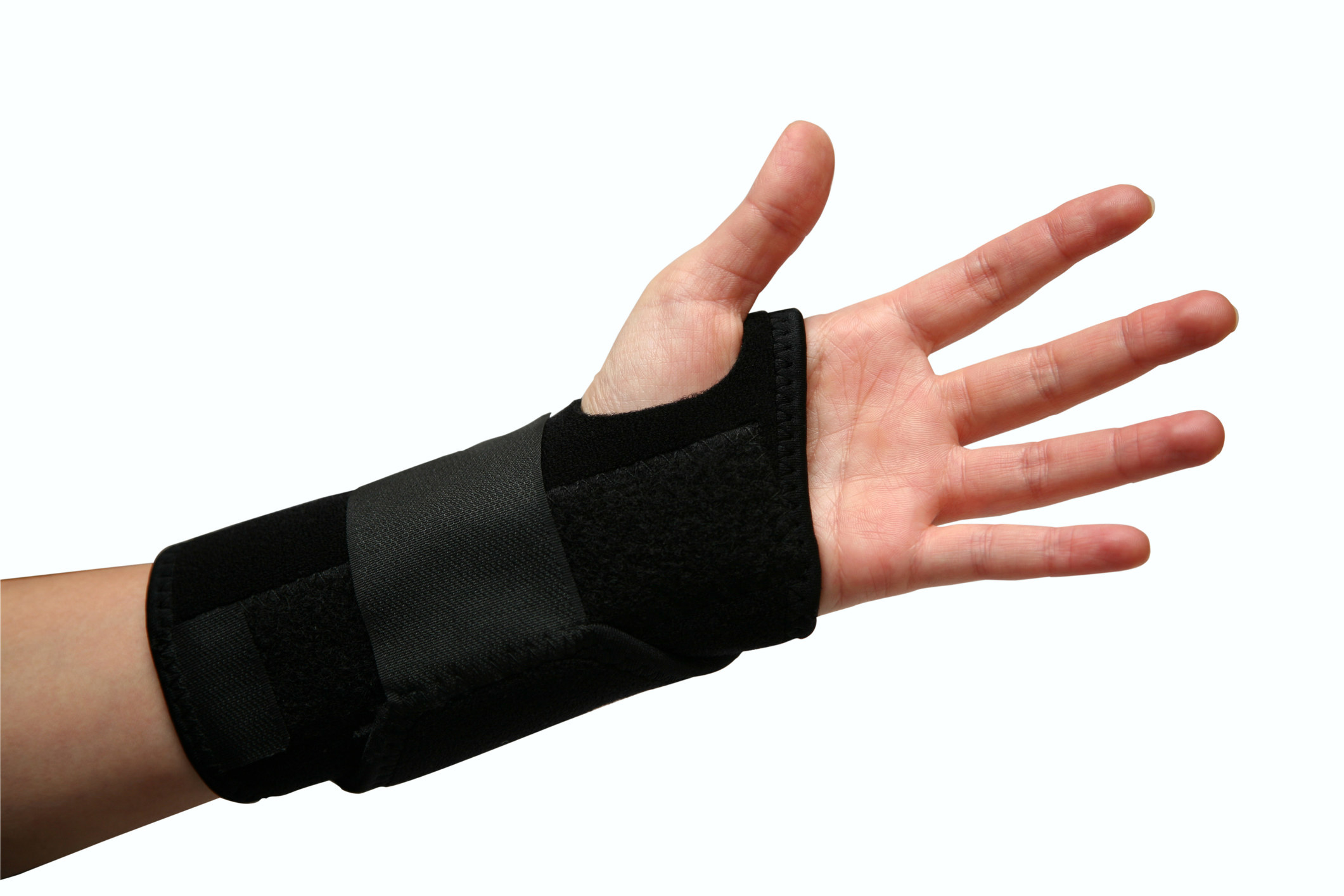
3. "Urology is not only for men. A lot of people think that urologists are penis doctors. I am a female PA, and I work at a practice that is otherwise male-provider dominant, and I get questioned regularly about why I work there, or why I would want to work there. Just so everyone knows, urology is the study of the urologic system, which includes the kidneys, ureters, and bladder. Every human on the planet has those organs. The penis and prostate are just extra parts when considering male patients. A lot of male patients are insecure about me examining them despite the fact that I do several penile and prostate exams every day."
"I would like to make it clear that I have nearly an even number of male and female patients that I provide for on a regular basis and that despite me being a female provider, prostate exams prevent progressive prostate cancer regardless of whether a male or female provider does the exam!"
—Anonymous
4. "Dietitian here. We are not nutritionists, and we don’t tell you what you can and can’t eat. We are not the food police. We will not give you a meal plan for weight loss when you’re in the hospital! We actually are part of the whole medical team and provide nutrition prescriptions that include macronutrient goals and micronutrient goals. We provide expertise on feeding critically ill (ICU) patients, whether it’s through a tube or IV. We provide education of various diets for a wide spectrum of diseases. Our notes are generally very thorough and shed light on patients’ recent intake, weight history, food allergies, etc., but seldom do other clinicians read them, which is frustrating. I wish more doctors and nurses valued the importance of patients’ nutritional health and thus the importance of dietitians in the clinical team."
—Anonymous

5. "I'm a resident physician in internal medicine who has done many 28-hour intensive care unit shifts. I truly wish that we (physicians, the healthcare system) did a better job about educating the public on life support (things like CPR, ventilators, dialysis), and that the general public was more knowledgeable about what exactly happens in the intensive care unit. It is difficult for many patients who haven't spent time in the ICU to imagine what it is like to have to be intubated (have a breathing tube inserted into your trachea), be hooked up to a ventilator (breathing machine), to get dialysis (a machine working for your kidneys that requires you to have a catheter to remove and replace a large amount of your blood in order to remove waste products and fluid."
"I often imagine that many patients (particularly patients who have terminal illnesses or elderly patients) would not choose these types of life support if they truly understood what was involved. These procedures can be extremely uncomfortable, and often do not change the outcome of someone's lifespan or prognosis."
—Anonymous
6. "If we ask about your drug and alcohol use, BE HONEST. We literally DO NOT GIVE A SHIT what drugs you use or how much you drink, unless you don't tell us and we find ourselves suddenly trying to play catch-up in treating your life-threatening alcohol withdrawal with no notice, or you have a terrible response during anesthesia due to the cocaine use you didn't tell us about. Forewarn us so we can take care of you and give you the medication you need! We won't tell the cops or your employer, and we are not judging. But we have to know!"
—Anonymous

7. "Doctors and nurses are not the only people taking care of you! If you are vented or on breathing treatments, a respiratory therapist is likely involved. All medicines are going to be reviewed by a pharmacist who will check for any interactions. A transporter will take you to and from tests (most of the time). EVS will be in there cleaning the room and emptying your trash. Dietary/room service will bring you food (if allowed). Some hospitals and areas have CNAs or PCTs who will help nurses and take blood sugars, help you to the bathroom, etc. PT and OT are usually involved with mobility and getting you back functionally to where you were. ANPs/PAs are going to be assisting the doctors with your care; you might see them more often than the doc! It really is a TEAM environment, and too many people forget that!"
—Anonymous
8. "I work as a paramedic in a GP surgery. I think 50% of my job is explaining to people that their illness is viral and antibiotics won't cure it. The fixation that antibiotics will cure everything is wrong, people!"

9. "Previous ER nurse here. As frustrating as it can be, the emergency room functions based on acuity (or how life-threatening your complaint is), not based on the order you came in. That means the 80-year-old with chest pain will go before the 30-year-old with leg pain. All complaints are valid and will be addressed, but we play the 'what will kill you faster' game for treatment order. Also, not all providers have the same level of access to your chart. As an RN, I didn't have access to insurance details or SSNs, but registration does. Not everyone can see your previous visits or medical history, so please just tell us when we ask. All staff are treating multiple patients. There were nights when we had 100+ patients, but only two doctors, so please be patient and understand that you may not get much face time with the physician. Talk to your nurse! They are incredibly knowledgeable and will give you the same info as the doctor in these situations."
"If your nurse is actively performing CPR, DO NOT YELL AT THEM ABOUT NOT GETTING YOUR SANDWICH FAST ENOUGH. If you are well enough to walk into my other patient's room, you are well enough to wait until we finish CPR. You never know what the staff is dealing with in the other rooms. Again, we know you feel bad, and that is understandable, but we may have just discussed end-of-life care with another patient right before coming in. We are people too. Everyone who goes into the medical field wants to save everyone who comes in, but our hands are tied with insurance regulations, staffing shortages, supplies on back order, etc. Healthcare isn't fair, and we know it. We want it fixed just as bad (if not more) than you do."
—Anonymous
10. "I’m an ultrasound tech, and very little of my job has anything to do with babies. Some places do scan a lot of pregnant women, but we look at so much more than just that. We look at any solid organ in your body, muscles, blood vessels — all kinds of things. Also, if you are pregnant and come in for a scan, please don’t pester me over and over again about the gender. You’re there so I can make sure the baby’s kidneys are working, that their heart formed correctly, and that the structures of their brain are forming correctly and in the right place. I’ll note the gender if I see it, and I do always check, but there is so much more going on that is vital to their survival than their genitalia."
—Anonymous
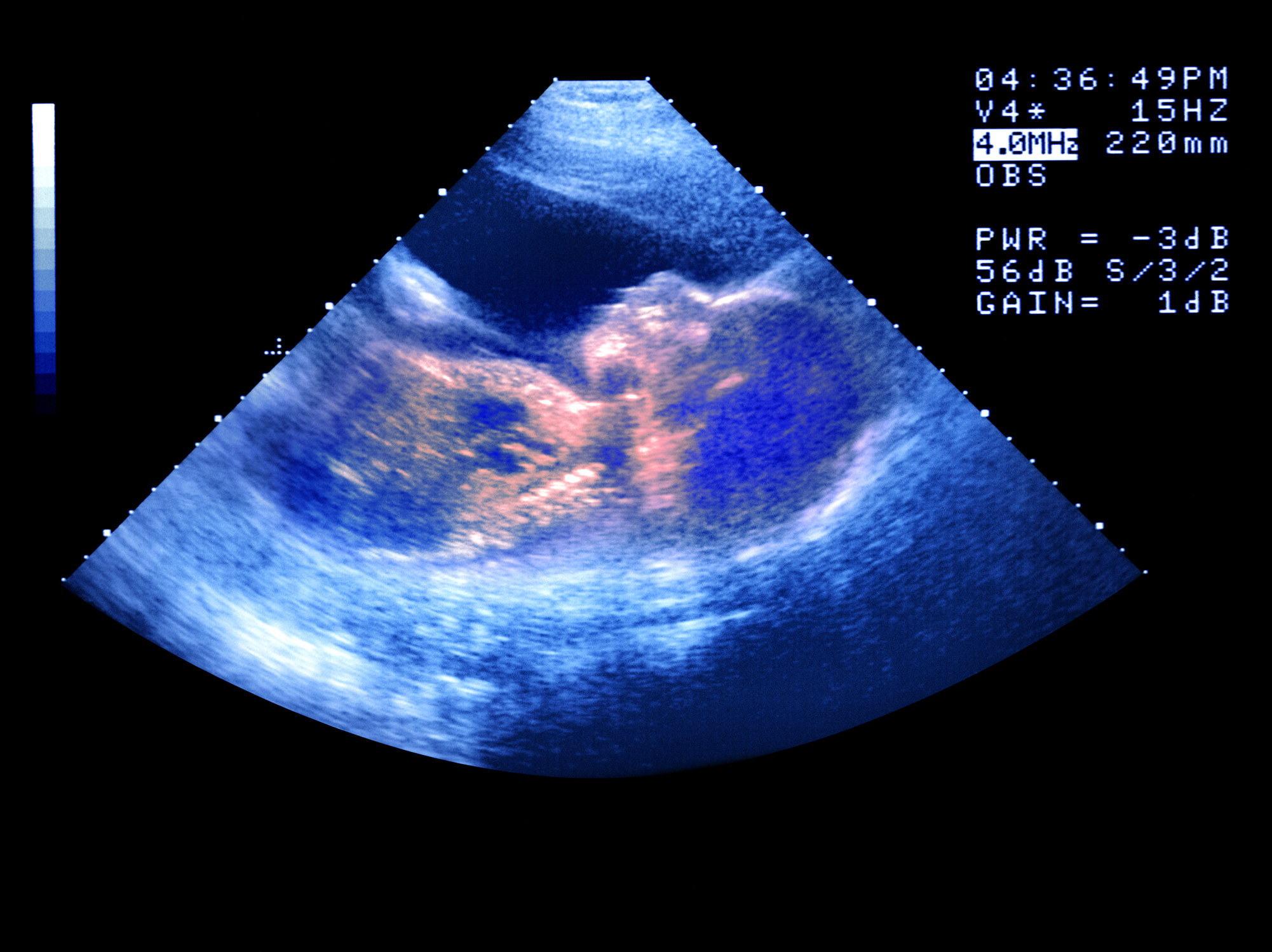
11. "I work in a harm reduction-based medical clinic in the inner city, which means I work primarily with patients experiencing homelessness, addiction, and severe mental health issues. We also handle drug overdoses in the community, which comes with its own stigma. But what people don't understand is that I don't make the money I should be making, because my clinic is a non-profit. People expect me to make $20+/hour, but I only make $4 more than minimum wage. Healthcare workers are generally not paid enough to deal with what we're given (unless you are an MD or NP). Support staff are always at the bottom end of the pay grade."
—Anonymous
12. "X-ray technologists were not given enough credit during the pandemic. Yes, our doctors, nurses, and respiratory therapists are integral to helping with COVID, but it was our X-rays, our CT scans, that helped confirm COVID in patients when testing wasn’t available yet. We risked our lives to do further imaging MRIs, ultrasounds, and NM lung scans and did not get recognized for our work. We worked short-staffed, our hours were cut, and it was mentally exhausting watching the patients die and knowing from our X-rays and scans when a patient was close to the end. A lot of technologists have left the field because we were not offered the same incentives to work on the same patients as nurses and respiratory therapists. As a 12-year technologist, I have considered leaving. If this continues into a third year, I am leaving."
—Anonymous
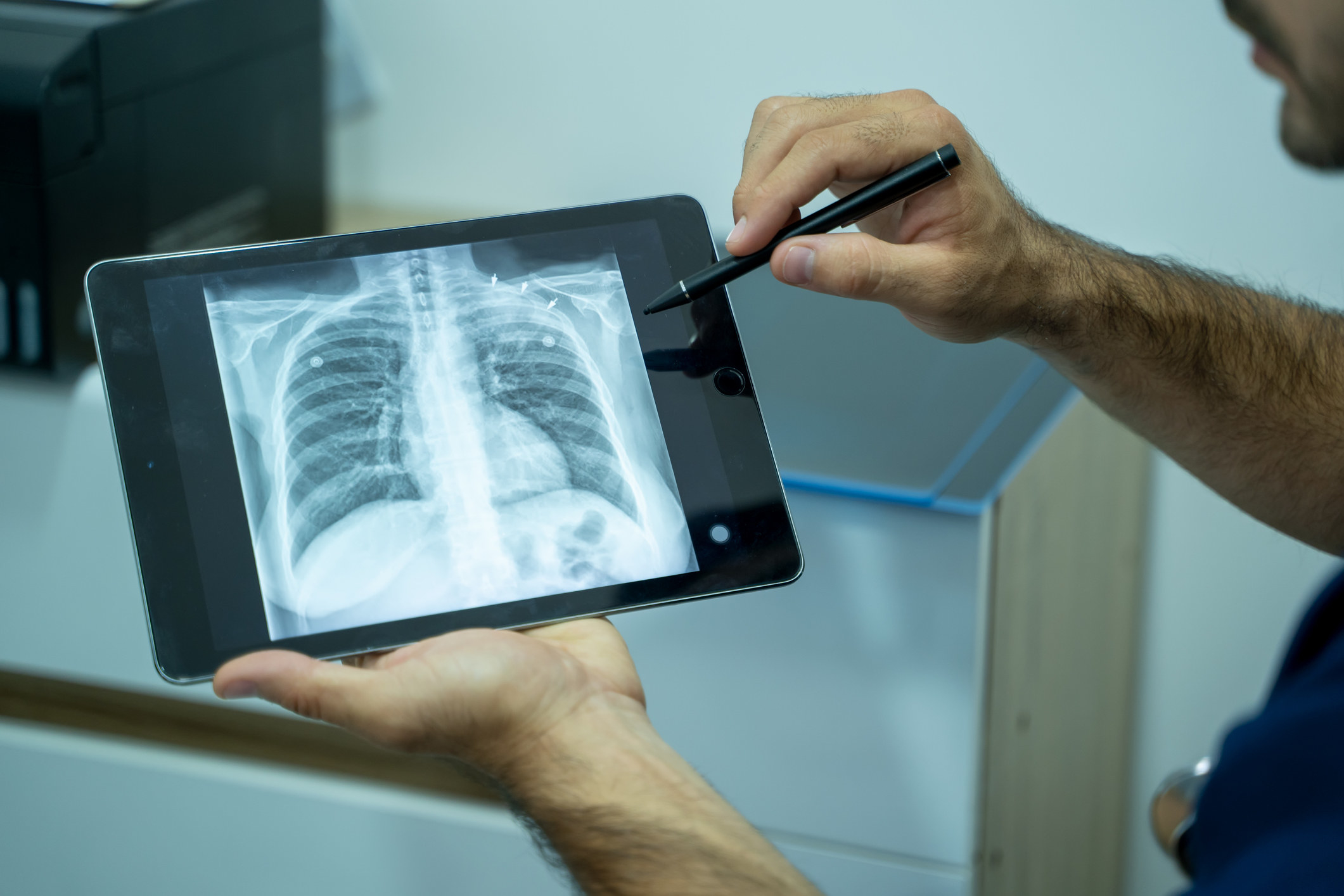
13. "I’m an intensive care nurse, and the misconception that nurses just do 'whatever the doctor tells them to' is so inaccurate. Us nurses and the doctors are a TEAM, and there is no hierarchy involved. Sure, the ICU consultant tends to have the final say, but if we, as nurses, feel unsure or uncomfortable about something, they will always listen and hear us out. I just finished a night shift where I saw the doctors once at the beginning of the night, and once this morning where I told them exactly what had happened overnight, including what drugs I’d given/what ventilator changes I made, etc. Nurses, doctors, HCAs, physios, dietitians, pharmacists, housekeepers — we are all a TEAM."
14. "Doctor here. I hate the misconception that all doctors are rich! While most doctors do make more than the average American salary, most of them are middle class at best. Some doctors in some specialities do make lots of money that mirror the stereotype of the wealthy physician, but your average primary care doctor or pediatrician is not loaded. Imagine spending a decade-plus of your life in training, working 80 hours a week, being more than $250K in debt (with compound interest!), and not getting a 'real' job until your 30s. Most of my non-medical peers in their mid-30s have comparable compensation and a decade-plus head start working in their respective fields with houses and settled families while folks like me are just getting started."
—Anonymous

15. "I'm a medical laboratory scientist (MLS). We are 'The Lab' from which all results flow. A lot of people think doctors and nurses do the testing, but it's us! We're certified in many different areas, including hematology, blood bank, microbiology, and much more. Also, fun fact: If a doctor/nurse says, 'The lab lost your sample,' or, 'The lab made a mistake,' there's a very good chance they're lying to you. Pre-analytical errors (meaning errors that occur before the specimen reaches the lab, like mislabeling, giving the wrong tube, etc.) account for the vast majority of all errors in laboratory testing."
—Anonymous
16. "Cardiac sonographer here. Most people don't know what the word 'sonographer' means. It means I perform ultrasounds, and I do ultrasounds specifically of the heart. Many people, including other healthcare professionals, assume that ultrasound is a 'magic wand' and is so easy to do. I get comments all the time of how nice it must be to have such an easy job. In reality, I have to have a deep understanding of anatomy and physiology, physics, and how an ultrasound machine runs, and I am dealing with a repetitive motion injury that leaves me in constant pain."
"I LOVE my job, but it is far from easy or simple, and many sonographers of all modalities often feel like we aren't given enough credit or respect in the industry. Thankfully, I work for an amazing group of cardiologists who consistently recognize and appreciate our hard work!"
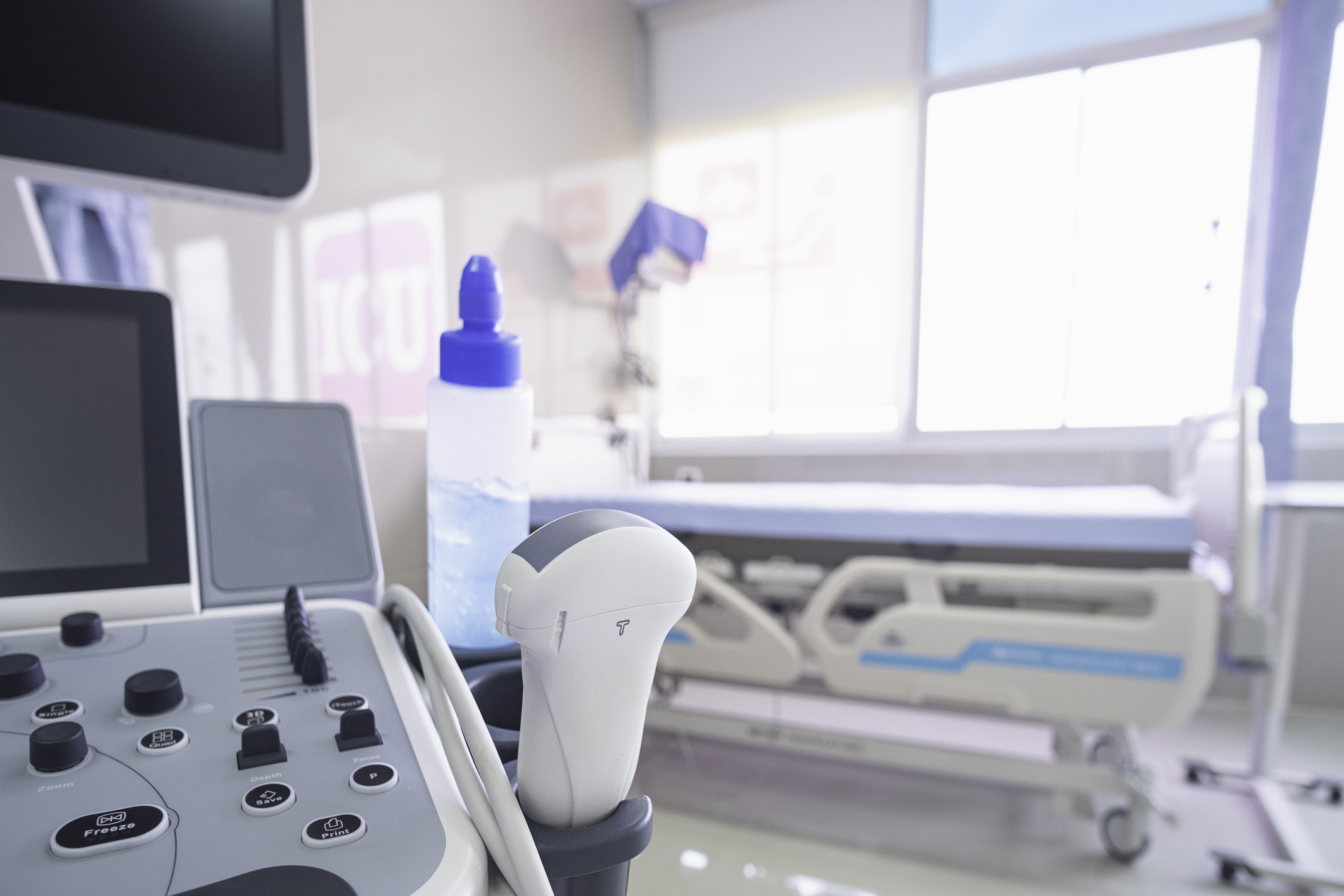
17. "It may seem silly, but there are a lot more healthcare jobs than just doctor and nurse! Primary Care Providers (PCPs) can be MDs (Medical Doctors), DOs (Doctor of Osteopathic Medicine), PAs (Physician’s Assistants) or NPs (Nurse Practitioners). Those of us who are support staff can be RNs (Registered Nurses), LPNs (Licensed Practical Nurses), CMAs (Certified Medical Assistants), or CNAs (Certified Nursing Assistants). The main two areas where medicine is practiced is in inpatient (like a hospital where you stay in a bed) and outpatient (like a doctor’s office where you have appointments). If you’re in an outpatient clinic, you’ll probably be helped by a CMA (like me!), but probably a RN/CNA if you’re admitted into the hospital (though your clinic may vary; I’ve only ever worked outpatient and have worked as both RNs and CNAs in a clinical setting)."
18. "I work with seniors who have cognitive impairments. A lot of people believe seniors are boring people or just old and senile. Truth is seniors are really fun to be around and have some really good stories to tell if you just sit and listen to them. They have more energy than I do and are full of life even in their 80s."

19. "OR nurse here. Just tell us you lost it up your butt. We know you didn’t fall on it. We don’t care. Just tell us the truth."
20. "I currently work as a dental assistant, and I think the biggest misconception is how much we get paid. A lot of people think we are paid like dental hygienists, but there is a huge salary gap, which I don’t understand because most dentists wouldn’t know what to do without their assistant. I think a lot of times we get taken for granted."
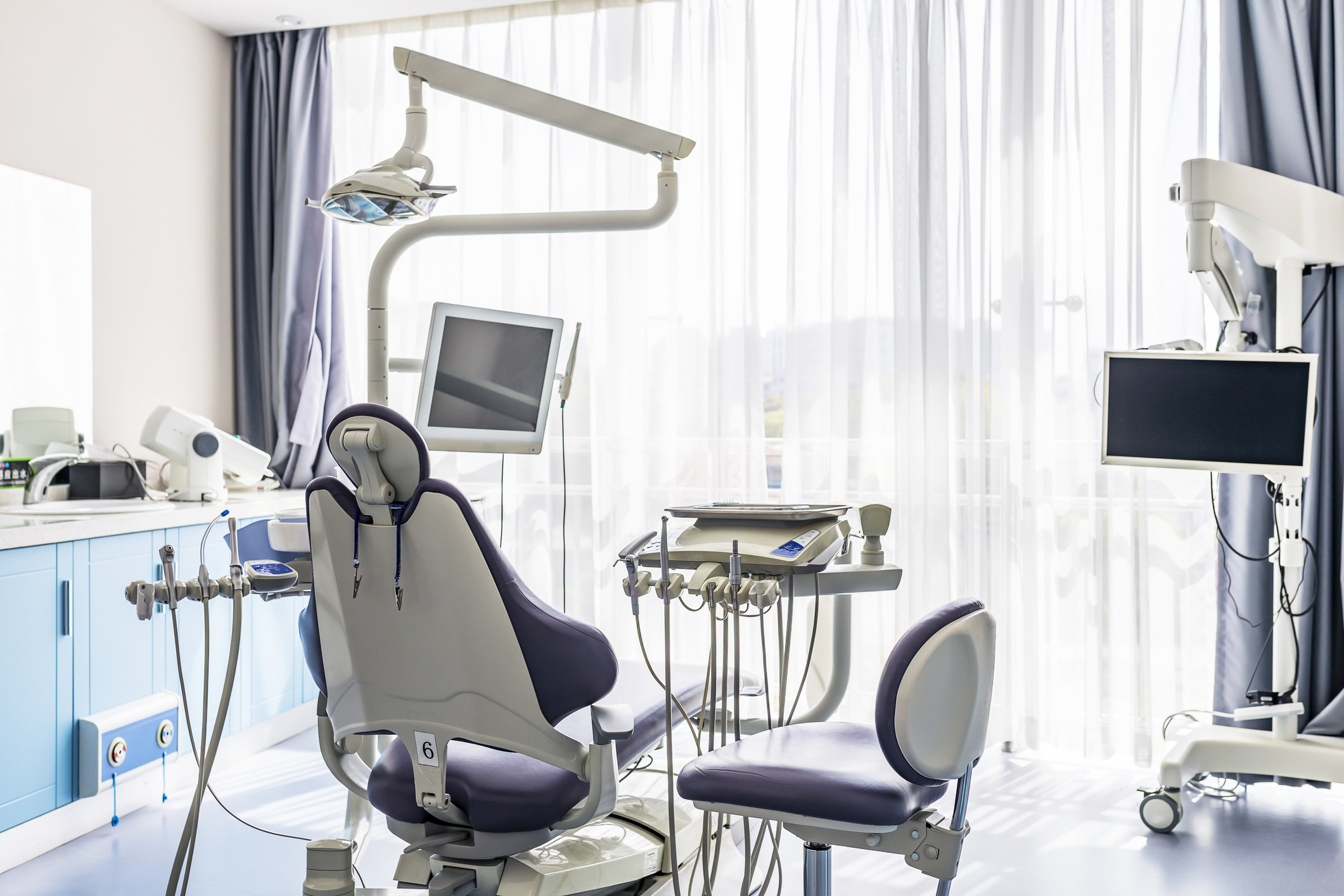
21. "The things you see the doctors do on Grey's Anatomy, House, etc.? They are almost all done by RNs. MDs diagnose and order treatments, but we do the treatments, and perform the assessments that give them a lot of the information needed to make the diagnosis and guide treatment. These are highly specialized skills that are crucial to providing accurate and timely information to the doctor so that the patient can be treated appropriately. We do a LOT more than pass meds."
—Anonymous
22. "RNs are not maids. We are not here to 'serve' you. We are here to make you better. And sometimes making you happy and making you healthy are not in alignment with each other. Healing is often uncomfortable. As an RN, I don't know how much your procedure costs if your insurance covers it. What treatment you accept or decline does not impact my wage. I can't stand the RNs vs. MDs myth. As a vibe, it's generally not a thing. Medicine is a team sport and only works well when we work together. In every facility I have worked at, the doctors and nurses have gotten along, and many are friends outside of work."
—Anonymous
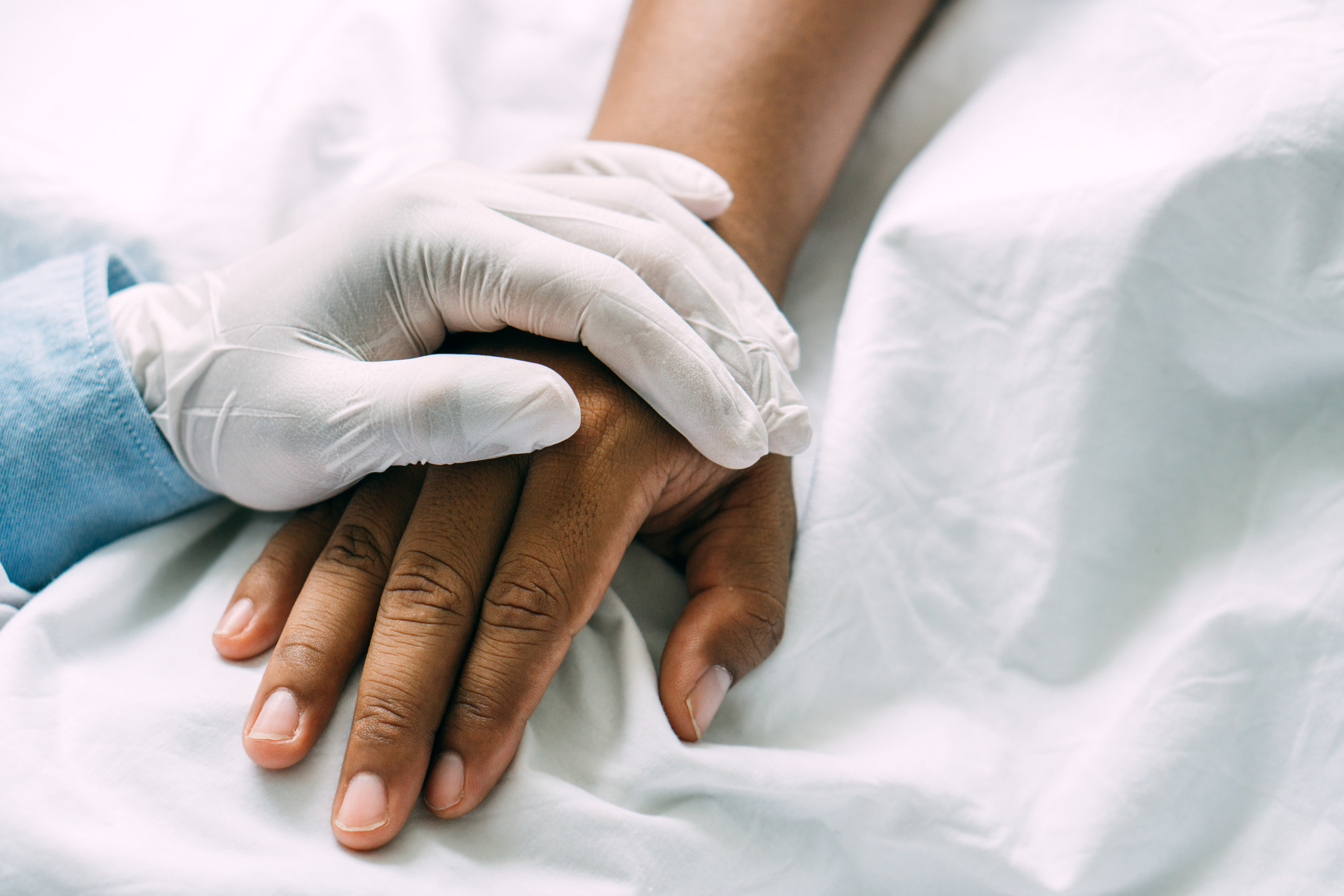
23. "We HAVE to ask you the same questions over and over again. It is to prevent mistakes, clarify and catch misunderstandings, and protect the patient. Despite the objective, patients tend to get really frustrated when we ask them questions more than once or that they think we should already know the answer to. I can't tell you how many times I hear, 'I already told you guys that,' or, 'It should be in my records.' Here's the thing — your 'records' from any other facility or office do not necessarily get communicated to the electronic medical system that I am working in. So no, it is not automatically 'in the chart.' I also can't tell you how many times a near-miss was caught, an error prevented, or a crucial detail revealed by virtue of multiple different people asking the patient the same questions. Bear with us, and answer the questions honestly each time. It is for your safety."
—Anonymous
24. "I am a licensed veterinary technician. Absolutely no one knows what I do nor the schooling I went through to get my credentials. People seem to think we hold animals for the vet while they do everything. Reality check: I am the anesthetist, phlebotomist, pharmacy tech, radiography tech; I can place IVs and urinary catheters, read blood films, do CPR, and calculate fluid rates and emergency drug doses in my head. Vet techs are literally versed in every department of medicine you would have an individual nurse for in a hospital setting. Did I mention we do all of this on MORE THAN ONE SPECIES?!"
—Anonymous

25. "I’m a nurse with one of the largest medical organizations in the Midwest. One of the biggest misconceptions is that we just want your money. No, we don’t get paid more if we do a more expensive treatment. We’re literally just doing what will help save your life. Blame insurance for the crappy coverage; it doesn’t trickle down to us at all. The people getting the benefits are the hospital CEOs, not staff. Also, science is not always accurate. There is no need to berate us, scream at us, call us names when something doesn’t work. We’re in this line of work because we want to help people, but sometimes it just doesn’t happen, and it can be extremely tolling on a person. Please be compassionate and understand we are doing everything in our power to help you!"
—Anonymous
26. "I work as a receptionist at an Urgent Care/health clinic, and the amount of patients that argue with us about our masking policy is far too many. We understand that you're over it and that it's 'stupid' that we are still masking. We are just as tired up as you are, and we wear them for 8–12 hours a day while being berated by patients for wearing them. What most people don't think about is the other patients. Behind you someone could be coming in for their weekly cancer infusions who is incredibly immunocompromised, and in front of you could be someone who has had COVID for two weeks and is coming in to get specified treatment to help them breathe."
"Just because you believe or suppose the pandemic is over and everything is back to normal doesn't mean it truly is. Please be kind to your local healthcare workers, especially those who work with COVID patients. We are exhausted."
—Anonymous
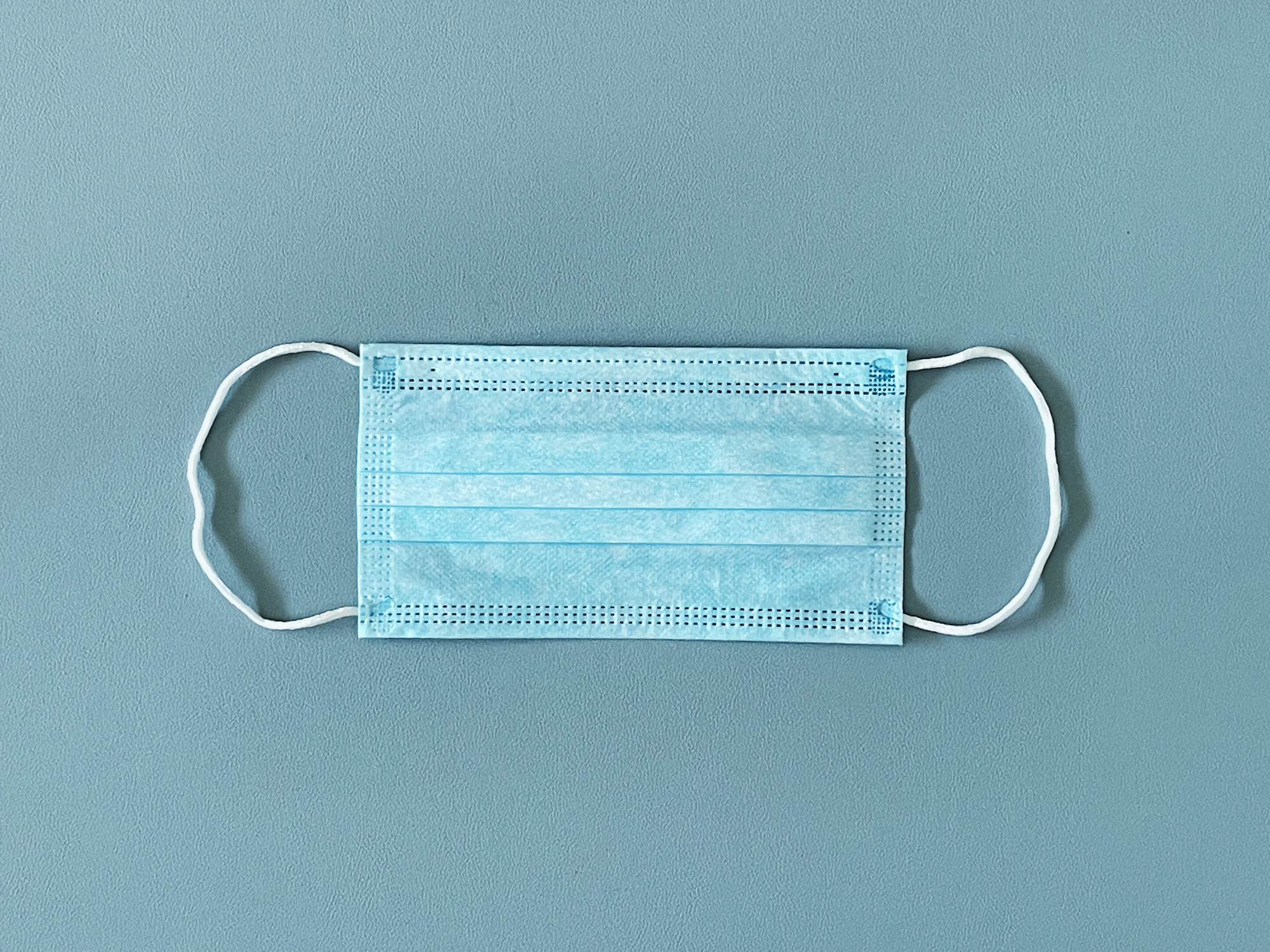
27. "I work in patient safety for a hospital. People think they can sue hospitals over anything. We get threatened with lawsuits literally every day. In reality, it's actually pretty difficult to get a healthcare malpractice lawsuit going, let alone to make it to court. Sometimes the most effective thing you can do is to go through the hospital and have concerns reviewed internally because at least then your grievance will get seen and responded to, but people turn this down all the time because they want to pursue legal action that never comes to fruition."
—Anonymous
28. "Physical therapist here. Contrary to popular belief, we are not massage therapists or personal trainers (both of which are important but different professions). In the US, PT is a clinical doctorate degree, similar to a PharmD or a DMD. We have to take classes on pharmacology, gross anatomy, physiology, pathology, etc. (just like med school or equivalent), and have several clinical rotations, as well as a national licensing exam and state bird exams. We are movement experts, and can screen and evaluate musculoskeletal, neuromuscular, and cardiovascular conditions. We are more than just former jocks working with athletes. At my clinic, we treat anyone 5 years and older. In most states, you don’t need a referral, and I wish people realized how much work, education, and time go into becoming a PT. Next time you pull a muscle or sprain a joint, save yourself time and money and go see a PT first!"
—Anonymous

29. "I’m a certified athletic trainer. We are NOT the same as personal trainers. Athletic trainers require a bachelor's in AT (now a master's) and thousands of hours of clinical and on-field coverage. We exist to be first responders on the field, and have to be trained to handle any emergency or injury that can occur. ATs can always work in so many other settings (industrial, physician extender, R&D, sales, etc.). It’s a tough profession that gets little pay and little respect. I love what I do and feel incredibly fulfilled, but I work two jobs to pay bills and have savings. And for goodness sake, please don’t refer to us as 'trainers.' Doing so is considered derogatory and is actively being fought by the National Athletic Training Association."
—Anonymous
30. "I am a nurse, and I work in a pediatric ICU. This is not Grey's Anatomy. Your surgeon will be going in the room for a total of five minutes, typically early in the morning. They will not sit at your bedside all night looking over you. Basically any TV show where the doctors are super involved and at the bedside is total bullshit. That is the nurses and the nurses only. Your nurse will know you best and tell your doctor more about what you need. You would be surprised by how many nurses have to argue with doctors about care for a patient they only saw for 10 minutes over a 24-hour period. Doctors' egos can affect care more than one would think. I am lucky that since it’s an ICU, the doctors are actually more on top of the patients. But on a regular floor, you're lucky if the doctors know your name."
—Anonymous

31. "Small misconception, but people confuse psychiatry with psychology all the time. Can’t tell you how often people say, 'Oh cool, I thought about studying psychology in college!' Neat! Except psychiatry = medical school, and different training from psychology!"
—Anonymous
32. "I'm an optometrist, and it always amazes me how many patients will go 10+ years between exams just because they feel their vision is fine. Do you only go to the dentist when you get a toothache? Your eye health is so much more than how well you can read the letters on the chart. Many sight-threatening conditions are easily treated when caught early, and won't initially present with any major changes in vision. Also, you don't need a vision plan to have an exam! Find an optometrist that takes your medical insurance, and get your eyes checked, even if you see well without glasses or you prescription hasn't changed in years. Many patients think of the refraction as the main part of the exam, but for us, it's the eye health check and dilated fundus exam."
—Anonymous
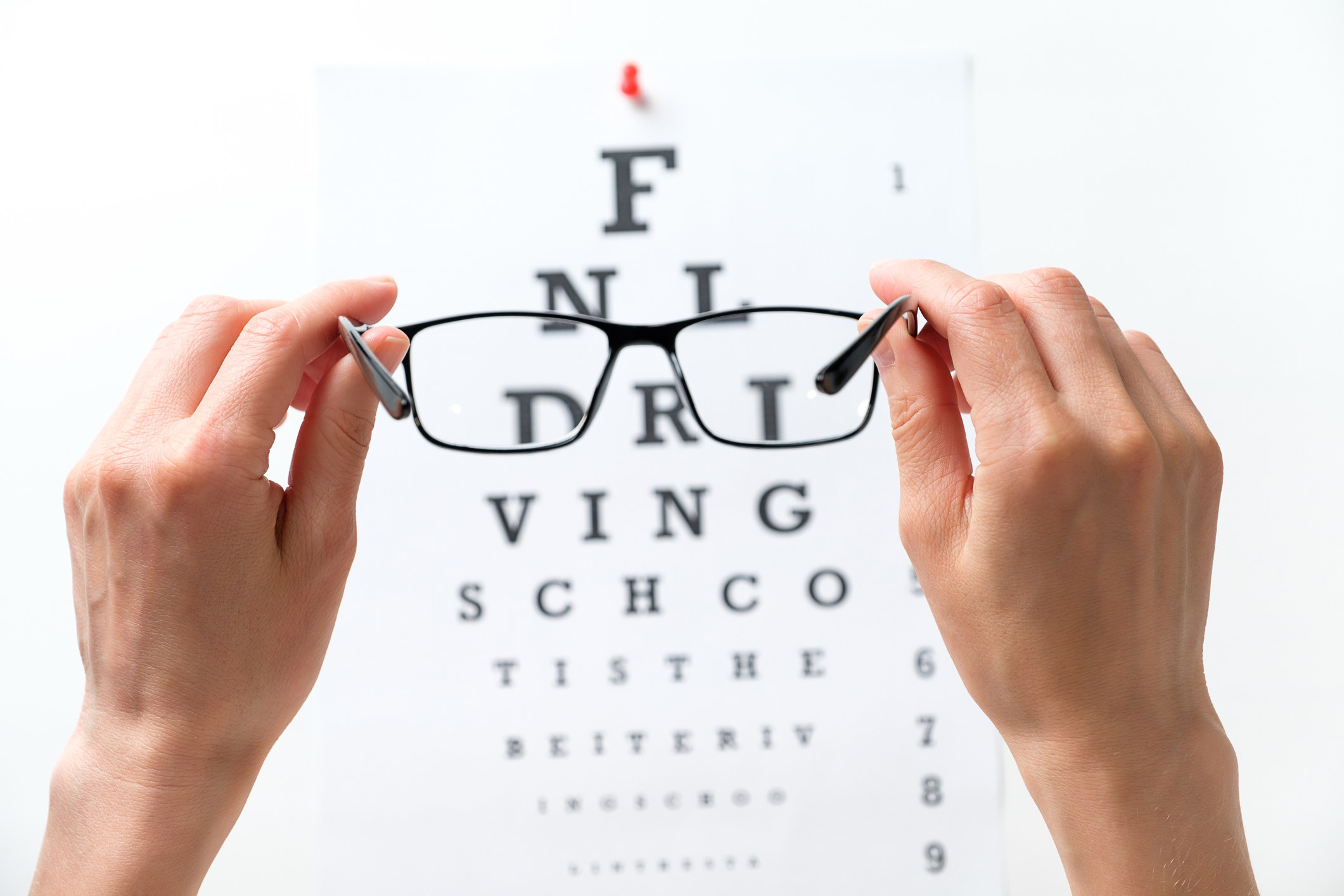
33. Finally: "Medical biller here. For the love of all that is holy, LEARN WHAT YOUR DEDUCTIBLE IS. The number of people I have to explain this to, who have had the same policy for years, is mind-boggling. I don't set the amount; I can't magically make it go away. It's YOUR insurance policy."
If you work in healthcare and have anything else you'd like to add, please do so in the comments below!
Note: Submissions have been edited for length and/or clarity.
